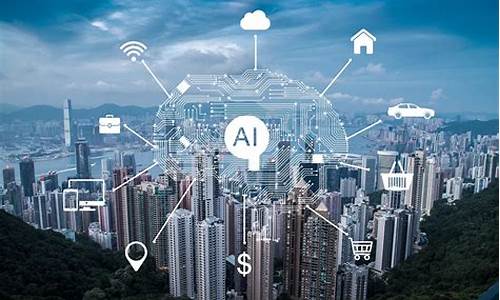智慧城市建设的英文(智慧城市建设的英文缩写)
Introduction to Smart City Construction
Smart city construction represents a pivotal advancement in urban development, integrating technology to enhance efficiency, sustainability, and the overall quality of life for residents. By leveraging interconnected networks and data-driven solutions, smart cities aim to tackle urban challenges effectively.

Key Components of Smart Cities
Central to the concept of smart cities are various interconnected components. These include robust digital infrastructure, IoT (Internet of Things) sensors, and advanced data analytics. These elements work in tandem to optimize energy usage, improve transportation systems, and enhance public services.
Benefits and Impact
The implementation of smart city technologies yields multifaceted benefits. Improved traffic management reduces congestion and pollution, while real-time data analytics enable prompt responses to environmental and safety issues. Additionally, enhanced connectivity fosters innovation and economic growth, positioning cities as hubs for technology and entrepreneurship.
In conclusion, smart city construction is pivotal for the future of urban development. By harnessing technological advancements, cities can effectively address current challenges and improve the quality of life for residents. Embracing these innovations ensures sustainable growth and resilience in an increasingly interconnected world.




